text copyright Jonathan Zap, 2013
Like so many people, I followed Breaking Bad to its recent last episode, and am presently watching the last episodes of the third season of The Walking Dead in preparation for Season 4, which starts tomorrow. Two days ago, I streamed the first episode of House of Cards.
(Image Credit: Salon/Benjamin Wheelock)
I find myself deeply affected by the content and lifecycle of some of these great series, series on the level of Six Feet Under, The Sopranos, The Wire and Game of Thrones. Although not all examples are so exalted, the television series is one of the greatest story forms ever created. Especially thanks to the pioneering efforts of HBO, and the technological innovations that have made HD content accessible to most of us, this powerful art form has become incredibly potent. The great television series are as much a cultural pinnacle in our time as Gothic cathedrals were in some earlier centuries. For some, they are too much stained with the technology and nowness of the present era, rather than the patina of antiquity, and a bias against the whole dimension of television keeps certain disdainful snobs from the awed recognition that they are witnessing the rapid evolution of some of the greatest cultural products ever created by our species.
Although a single visionary may be the initiator, television series are collaborative art forms, and sometimes the collaboration produces a work of genius. Other times, a brilliant collaboration seems to degenerate into the addled judgment of a committee, and a series that may start brilliantly, drawing me into a world that is vivid and alive, can degenerate into a wobbly and garishly colored counterfeit version of what it once was. Lost and Trueblood are, for me, examples of visionary series that failed their potential.
Painting by Czaritsa (Ashlee Casey)
My recent viewings have also left me struck by how much the psychopathy theme comes exploding out of most of these series. So many principle characters are psychopaths or, what I call “situational psychopaths.” In The Walking Dead, everyone, even those who haven’t turned, is infected with the flesh eating zombie virus and is only a heartbeat away from turning into a staggering puppet of reptilian drives and appetites.
Characters that I have witnessed struggling soulfully through heartfelt, often heartrending, moments unexpectedly take psychopathic actions, actions that sometimes haunt my mind years later. And other characters that I presumed were pure psychopaths, Merle in The Walking Dead, for example, unexpectedly reveal submerged humanity still alive in someone who has seemed like a mass of scar tissue and impulsive violence, someone whom I watched do so many brutal and evil things. Many of the characters in these great series are complex and paradoxical in ways that we don’t always want. As with so many of the people in our lives, these characters leave us with a disconcerting range of feelings.
Great television series, like all great stories, are portals that reflect back to us the story that enfolds us when we look away from the pages of the book, or the video screen— the story that Burning Man folk call the default reality, and that I call the Babylon Matrix. Great stories give us equipment for living through the ever-turbulent default reality, the story that still engulfs us even as we are privileged to look through portals into these shimmering mirror worlds.
 ZapOracle.com home to the free 720-card Zap Oracle
ZapOracle.com home to the free 720-card Zap Oracle

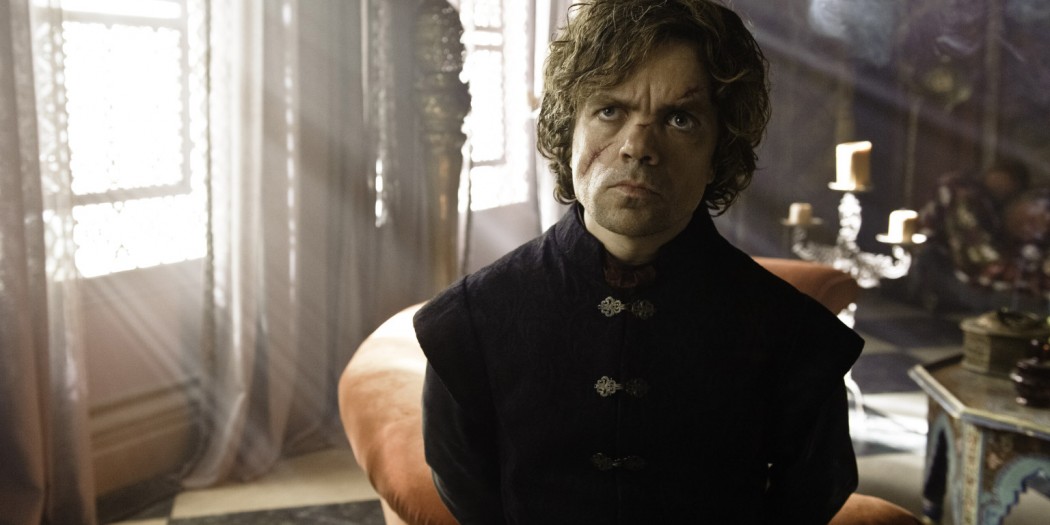
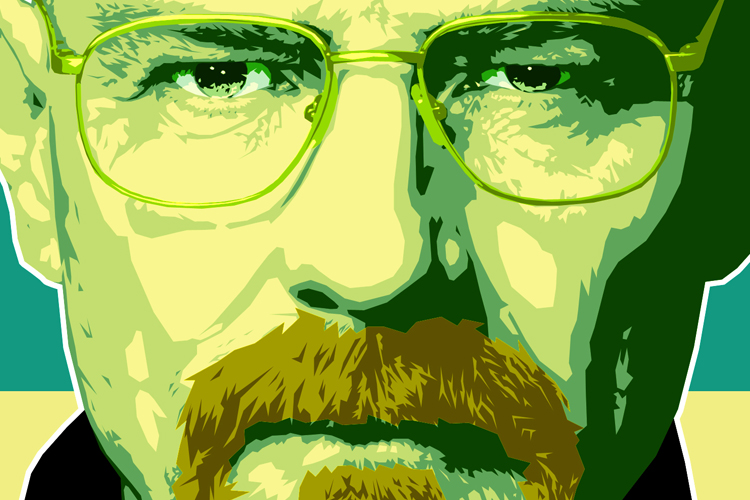
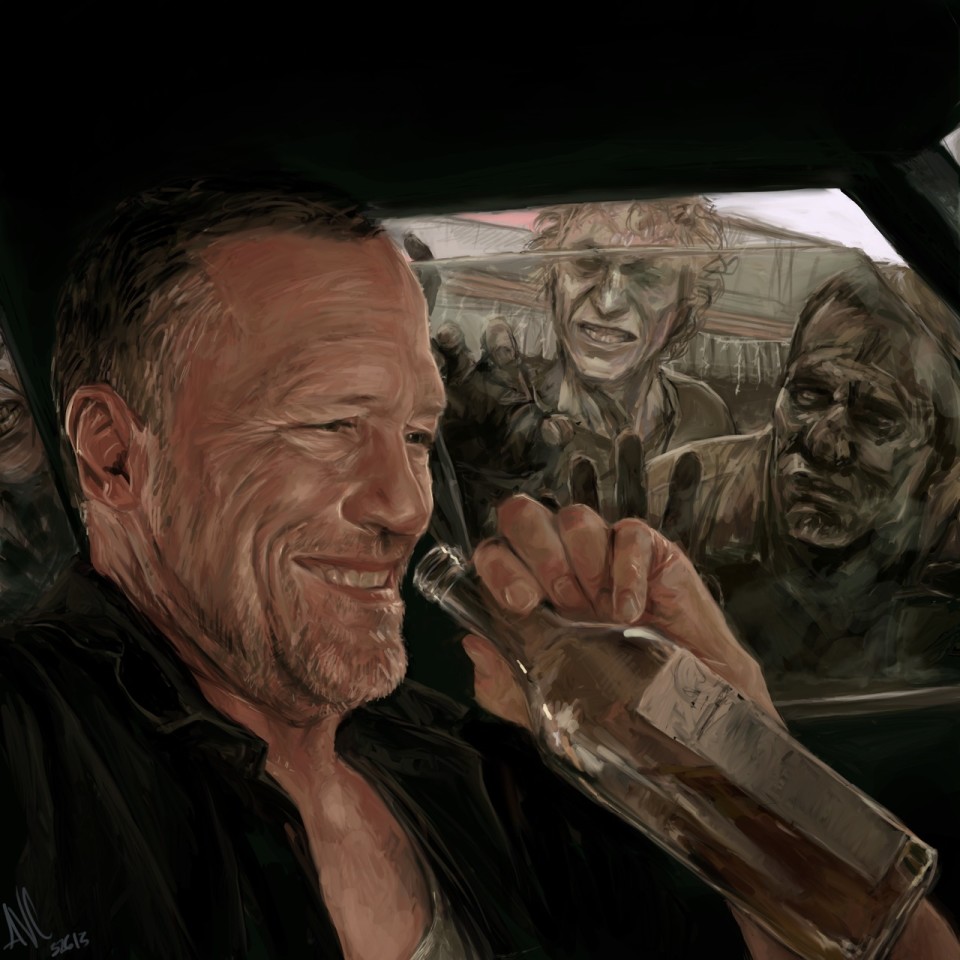
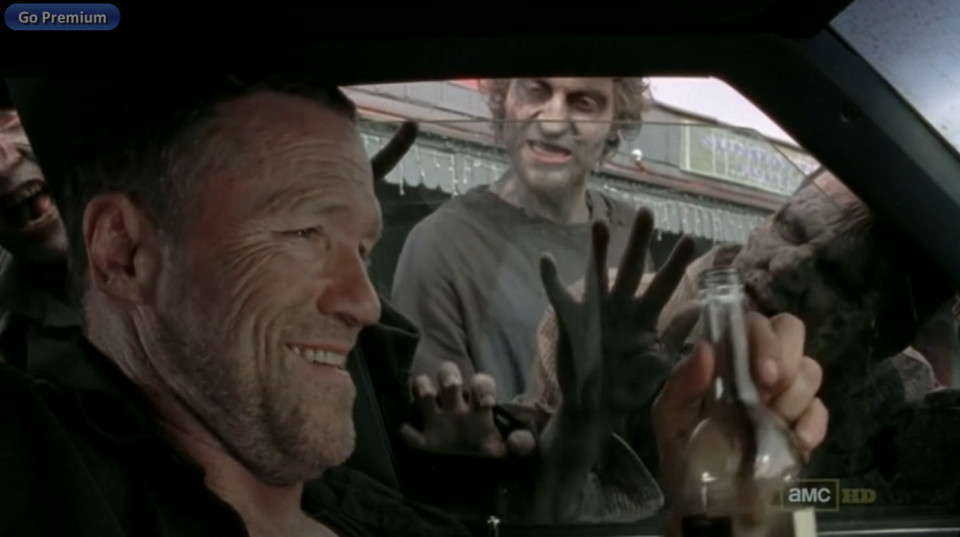
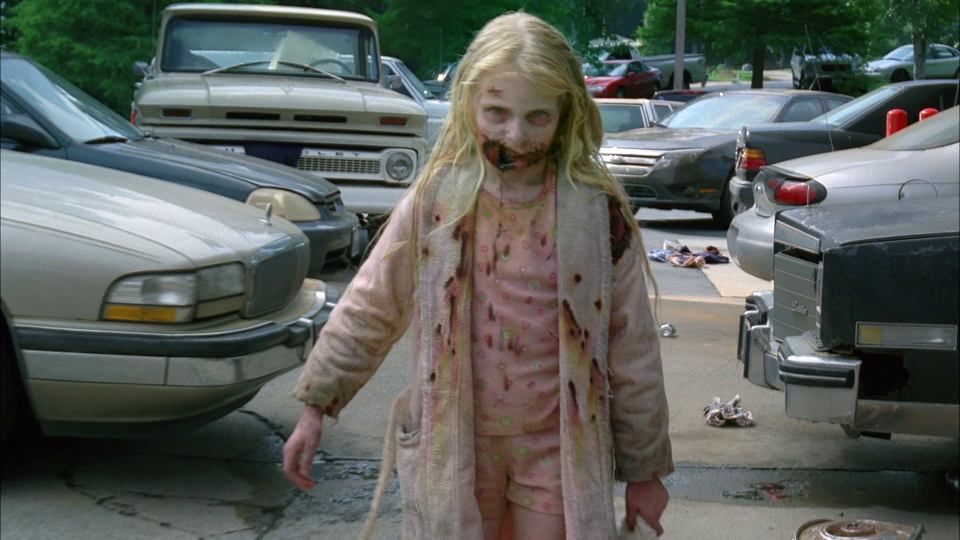
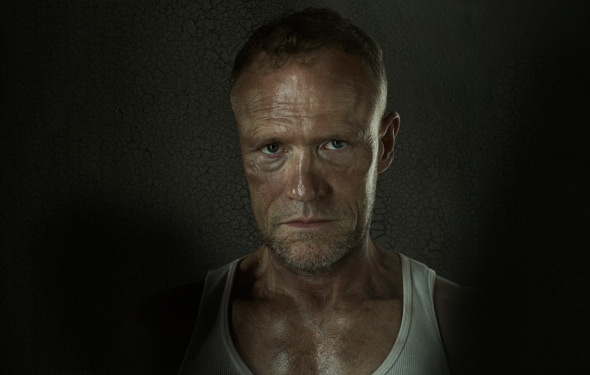

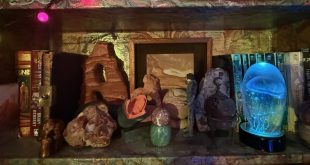

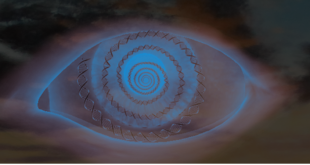
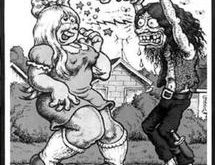

I like it. It was only very recently I discovered there was such a thing as a tv series with merit, and that it was possible to see it without having to tune in at a scheduled time to a tv – if you owned one. I learnt one could obtain the full series from the video store. Wow. ‘Heroes’ I found immensely engrossing, and inspiring. I feel it ties in with your work Jon quite well. I hadn’t seen any of the X Man films so I didn’t know the author seemed to have ripped off quite a bit. No matter. I think I can say it changed my life. The first season was captivating, the 2nd season I wateched because the 1st was so good – and by the third it had completely unravelled its former charm and I gave up mid way. Do watch the 1st season though! ‘Boston Legal’ for pure comedic value – all too easy to overlook the need for comedy when we’re focused on grander issues -and In The Thick Of It (or The Thick Of It) which is an english political comedy and of course the English do comedy better than any other country. The film following the series, named In The Loop based on England – US political relations pre-Iraq invasion is priceless. Genius. A masterpiece of comedy
PS one significant difference between North American and, other nationalities for example, English, TV series I have noted, is that the former seem fixated on having stunningly attractive people cast – the latter aren’t afraid to have less than ideal physical manifestations of humanity in lead or supporting roles. Do the experiment – how many quote unnattractive unquote characters can you find in a lead or supporting role in a US tv series ? (Sorry Jon Zombies don’t count)
Beautiful, powerful metaphor; modern TV series (plural) linked with gothic cathedrals. Cathedrals were built by armies of people attempting to transport human minds, human souls. Once you provided the metaphorical structure, it’s easy for me to make dozens of links between the process of a cathedral’s construction and Walking Dead’s creation. It’s not hard to argue that the bio-psychological nutritional values of our modern cathedrals compare very favorably to those of the cathedrals of old – though every individual will make different use of the nutritional resources. Articles like these – show-casing the creative possibilities emergent from a disciplined refusal to absolutely reject or accept, or remain forever relativistic about environmental facts like television – are among the greatest manifestations of an individual living a mortal human life while trying to stay rooted in Dynamic Paradoxicalism.